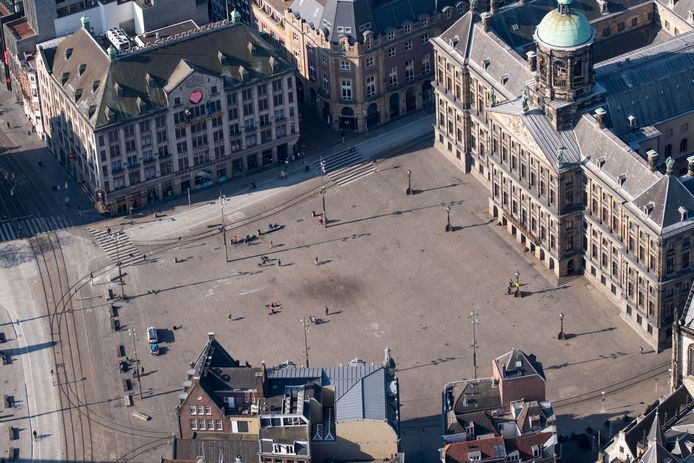Pemalite said:
"Collapse" is a strong word. Either way, I have provided the evidence, you are more than welcome to read it.
The Hong Kong issue was just a part of a long process, the loosing of territories under British control happened at the end of world war 2 and gradually continued well into the 90's.
Those other countries aren't making stupid statements in the middle of a pandemic and providing a high quality level of comical entertainment... The United States is providing the information and the evidence of what not to do right now... And the world needs to take note of those lessons and not emulate their same responses now or in the future.
Absolutely not even remotely comparable.
Donated to charitable causes, assisted charitable causes.
Do not turn this into a racial issue, that would be highly disingenuous when that hasn't even been a point of contention in this thread.
If the virus has been defeated for weeks, then of course lockdowns can viably start to be lifted without fear of spiked cases. |
Since it's been decided by the professionals, that the here and now is more important and relevant than the foreseeable future, are we actually saving lives, or just trading them by pushing back and shifting the deaths?
For example, what about the life saving medical research and treatments that are being held back or have been put on hold due to the lock down? What about the people who are known to only have so much time left, who were hoping/expecting those treatments to be ready in time to save their lives? How many of these people are now going to die because the professionals chose to shut things down to save some people in the present? How many will die due to contracting covid 19 itself, which puts them over the edge, when they could've fought it off and lived after being treated? There are many more examples of how people may die in other ways due to this lock down.
Now this may seem stupid to some, because we can't be certain of the future, so why bother worrying about it in this case?
If the near or even distant future isn't worth worrying about, then why for example, should anyone bother saving money? If for all you know, you may be dead tomorrow, why bother having money in the bank? What if every single person was just days away from being flat broke? Would that be a good message for the professionals to put out to the public? Don't bother saving money because the future isn't certain? $250 account limit lock downs going forward because why have more? What about the potential future consequences of a decision like that?
While I don't necessarily think that some are simply virtue signalling when it comes to how much they care about saving lives, I also don't think the overall picture is being taken into account, which makes it seem like some may care less than they actually do. It doesn't appear all that clear which choice is better or worse, if either. Maybe this way ends up saving more lives, maybe it doesn't. We won't really know until later, in the future, so it's pretty hard to say anyone is definitely right or wrong.
PS1 - ! - We must build a console that can alert our enemies.
PS2 - @- We must build a console that offers online living room gaming.
PS3 - #- We must build a console that’s powerful, social, costs and does everything.
PS4 - $- We must build a console that’s affordable, charges for services, and pumps out exclusives.
PRO -%-We must build a console that's VR ready, checkerboard upscales, and sells but a fraction of the money printer.
PS5 - ^ -We must build a console that’s a generational cross product, with RT lighting, and price hiking.
PRO -&- We must build a console that Super Res upscales and continues the cost increases.




















































